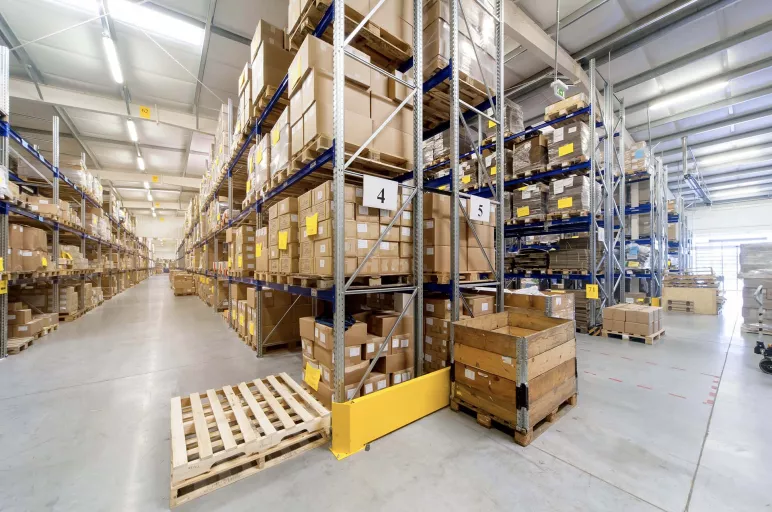
The Rise of AI in Procurement Logistics
- Procurement logistics uses AI to automate tasks and enhance data-driven decision-making.
- AI in procurement optimizes sourcing, order management, and inventory planning processes.
- AI-driven procurement increases efficiency, cost-effectiveness, and supply chain resilience.
January 09, 2024 | Procurement Software
Procurement logistics is undergoing a transformation driven by artificial intelligence (AI) and advanced data analytics.
As organizations seek to optimize supply chain operations, AI-powered technologies are automating repetitive tasks, generating data-driven insights, and enabling real-time visibility and agile decision making.
This evolution is creating more efficient, cost-effective and resilient procurement processes.
What is Procurement Logistics?
It encompasses the strategies and operations involved in purchasing, transportation, warehousing and inventory management of goods and services. It aims to deliver the right materials, at the right quantities, to the right locations, at the right time, for the right cost. AI and machine learning inject intelligence into procurement logistics to help organizations adeptly navigate complexity.
Let's explore some of the key areas where AI is driving change in procurement logistics:
Intelligent Sourcing
AI streamlines and enhances supplier discovery, onboarding, management and analysis. Machine learning algorithms can continuously gather data on supplier pricing, quality, delivery reliability and other attributes to identify optimal vendors and contracts for different categories of spending. This allows organizations to maximize value.
AI also conducts real-time supplier risk assessment by processing news, financials, and embargo data to forecast potential supply disruption risks so mitigation can occur proactively. Chatbots handle supplier communications at high volumes while freeing up sourcing teams for higher value work.
Automated Order Management
Order management is rife with inefficiency that AI can help overcome through automated workflows, predictive analytics and system integration. For example, machine learning algorithms can forecast supply shortages before they happen based on historical data, allowing for early intervention to avoid delays.
Real-time order tracking provides end-to-end visibility while automated issue resolution frees staff to focus on exceptions and process improvements. AI enables seamless integration of order data across procurement, ERP and planning systems to synchronize activities. This creates an efficient, low-touch order management process.
Optimized Inventory Planning
AI inventory optimization solutions leverage demand forecasting, predictive analytics and machine learning to recommend ideal stock levels, automatically create replenishment orders, and streamline warehouse picking and putaway to maximize throughput.
By processing signals from across the supply chain, systems can adapt in real-time to fluctuations in demand, promotions, seasonality and other variables to minimize excess and obsolete stock.
Logistics Visibility and Coordination
End-to-end visibility across global logistics and multitier supply networks is crucial for mitigating disruptions. AI leverages real-time data from IoT sensors, documents and multiple enterprise systems to identify shipment delays and supply bottlenecks as they emerge. It then prescribes actionable recommendations to minimize costs and keep operations running smoothly.
Ongoing Network Optimization
With a holistic view of the supply chain, AI solutions can continuously identify optimal strategies for storage locations, inventory levels, transportation routes and more based on current and predicted conditions across the network. This level of agility and coordination minimizes waste and disruption while aligning logistics to business goals.
Conclusion
As AI continues to evolve, its role in procurement logistics will keep expanding. Leading organizations are already embracing AI to realize step-change improvements in productivity, costs, and supply chain resilience. With the right strategy, procurement teams can harness AI to drive strategic value and navigate an increasingly complex world.
Learn about GEP’s AI-first procurement solutions



